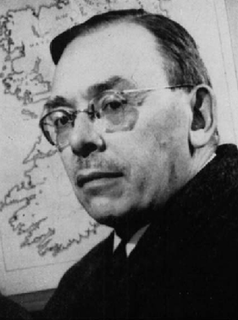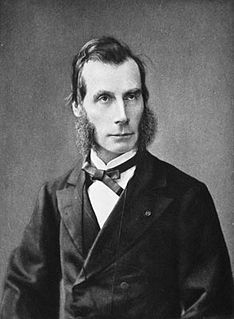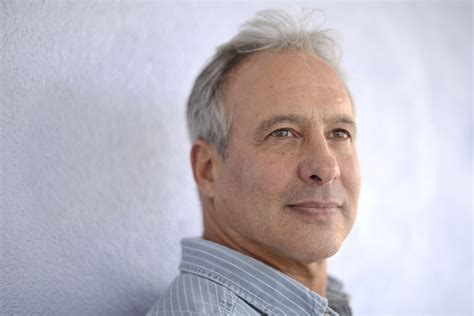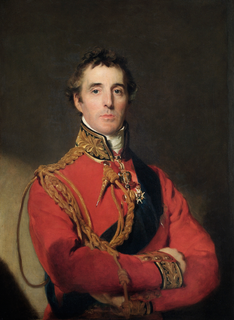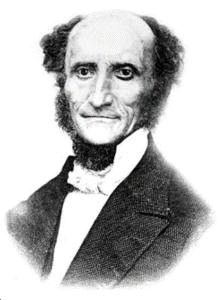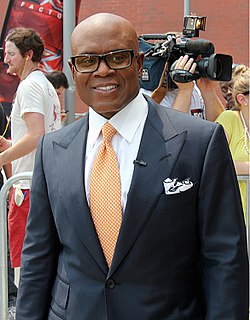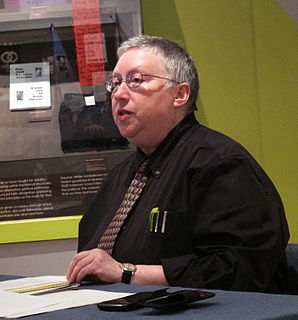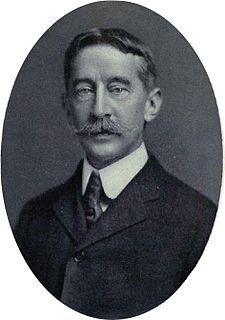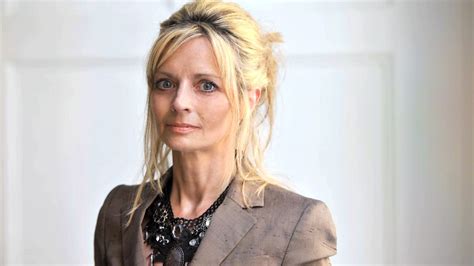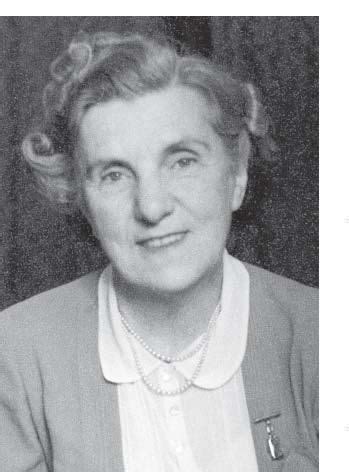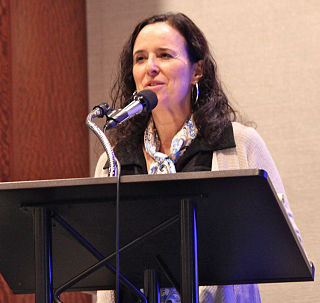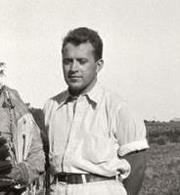A Quote by Earnest Hooton
History is principally the inaccurate narration of events which ought not to have happened.
Related Quotes
Not all that is presented to us as history has really happened; and what really happened did not actually happen the way it is presented to us; moreover, what really happened is only a small part of all that happened. Everything in history remains uncertain, the largest events as well as the smallest occurrence.
Let's say that history is what happened. The record of what happened is how each individual happens to see those events. They've already been ?ltered. When the historian or biographer takes over, history is no longer exactly what happened, because there has been a process of selection going on; it's impossible to write about anyone, any event, in any period of time, without in some way imposing, even unconsciously, your own standards, your own values.
The history of a battle, is not unlike the history of a ball. Some individuals may recollect all the little events of which the great result is the battle won or lost, but no individual can recollect the order in which, or the exact moment at which, they occurred, which makes all the difference as to their value or importance.
We the undersigned, intend to establish an instruction and training institution which differs from the common elementary schools principally in that it will embrace, outside of (in addition to) the general and elementary curriculum, all branches of the classical high school, which are necessary for a true Christian and scientific education, such as: Religion, the Latin, Greek, Hebrew, German, French and English languages; History, Geography, Mathematics, Physics, natural history, Introduction to Philosophy, Music, and Drawing.
